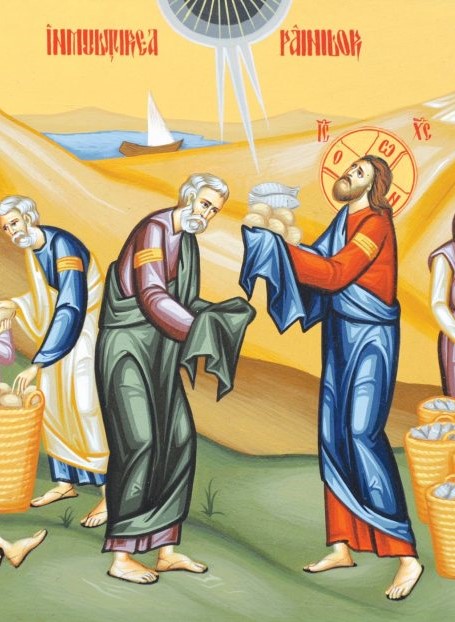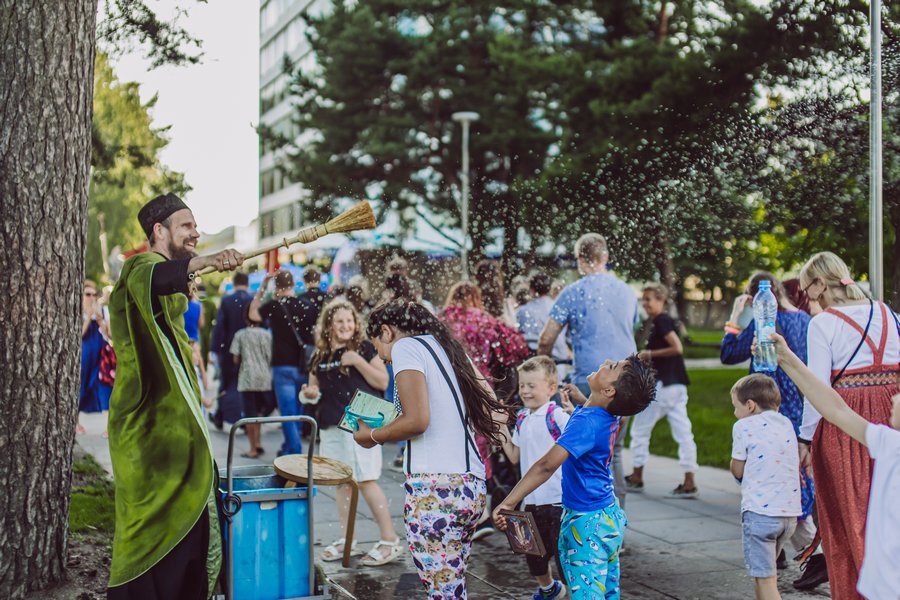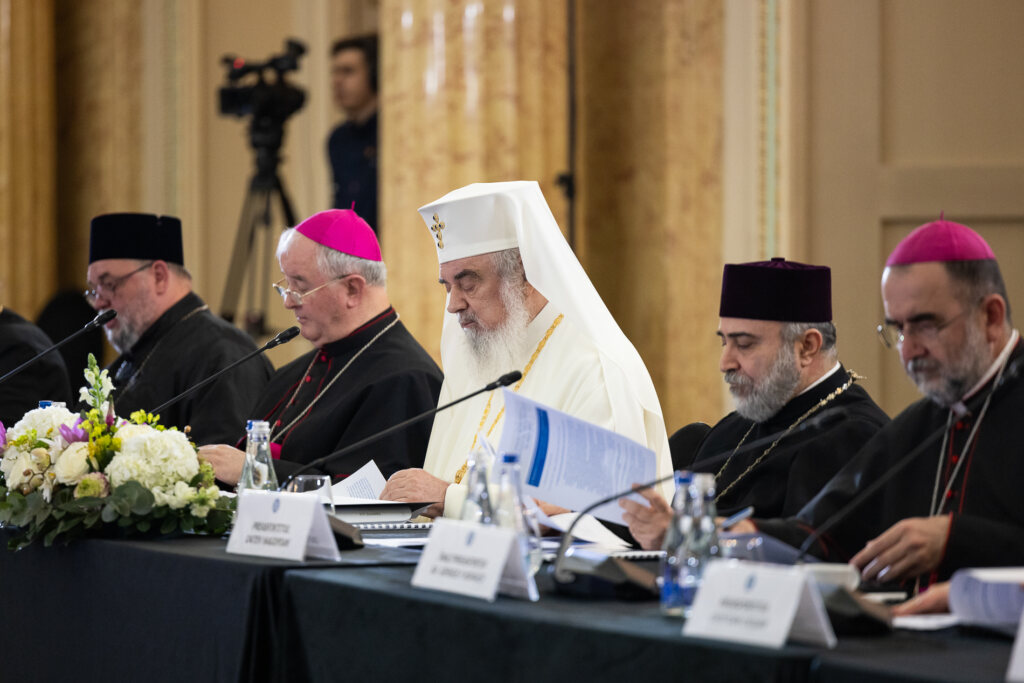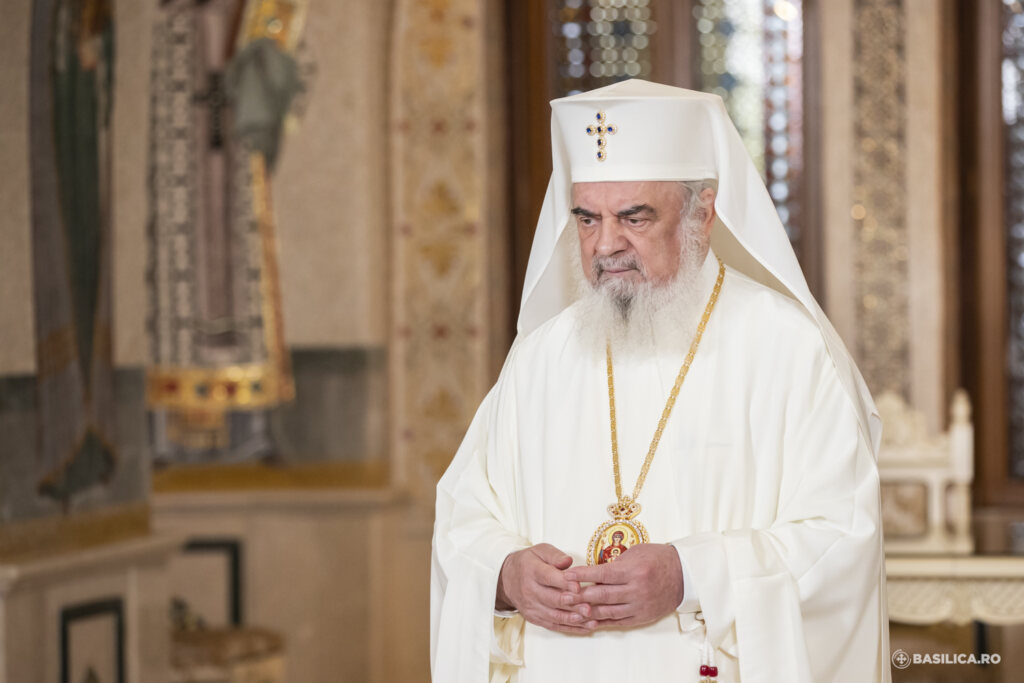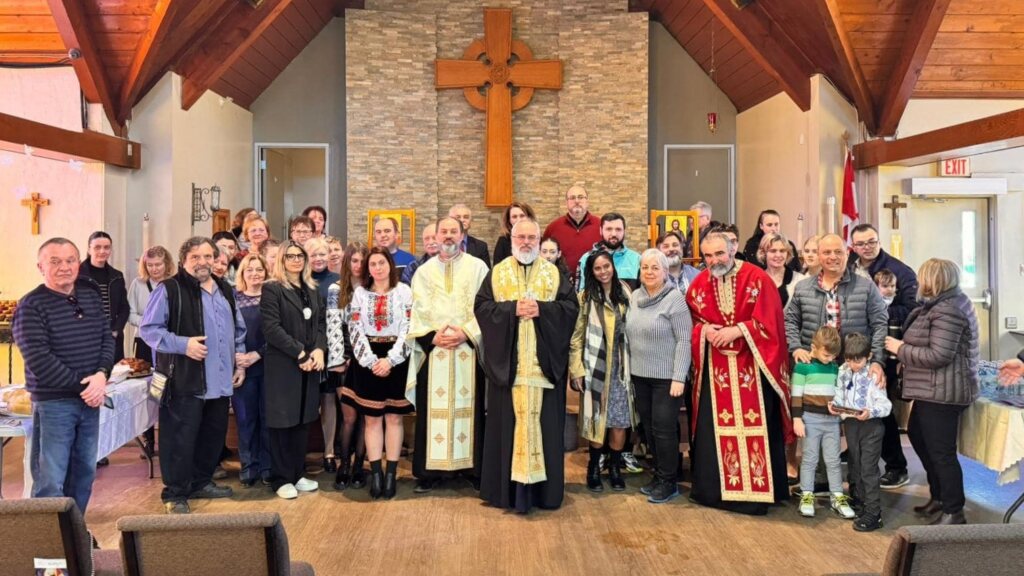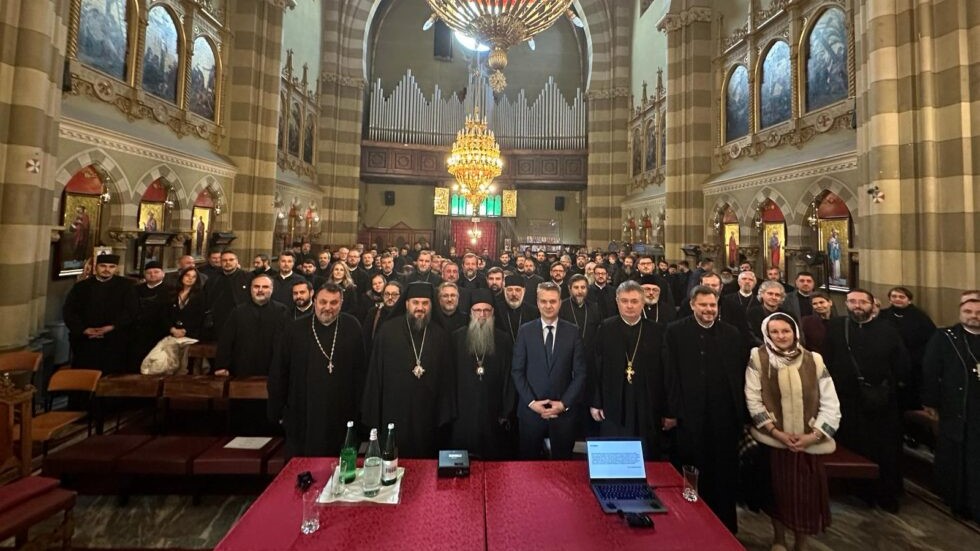The Holy Apostles of the Seventy Silas, Silvanus, Crescens, Epenetus and Andronicus
They were were disciples of the Savior.
Saint Silas was a respected figure in the original Church at Jerusalem, one of the “chief men among the brethren” (Acts 15:22). The Council of the Apostles was convened at Jerusalem in the year 51 to deal with the question of whether Gentile Christian converts should be required to observe the Mosaic Law.
The Apostles sent a message with Paul and Barnabas to the Christians of Antioch, giving the decision of the Council that Christians of Gentile origin did not have to observe the prescriptions of the Mosaic Law. Nonetheless, they were told that they must refrain from partaking of foods offered to idols, from things strangled and from blood, to refrain from fornication (Acts 15:20-29).
Together with Saints Paul and Barnabas, the Council of the Apostles sent Saints Silas and Jude to explain the message in greater detail, since they both were filled with the grace of the Holy Spirit. Saint Jude was later sent back to Jerusalem, but Saint Silas remained at Antioch and zealously assisted Saint Paul, the Apostle to the Gentiles, on his missionary journeys preaching the Gospel. They visited Syria, Cilicia, Macedonia.
In the city of Philippi they were accused of inciting unrest among the people, and for this they were arrested, beaten with rods, and then thrown into prison. At midnight, when the saints were at prayer, suddenly there was a strong earthquake, their chains fell off from them and the doors of the prison opened. The prison guard, supposing that the prisoners had fled, wanted to kill himself, but was stopped by the Apostle Paul.
Then, he fell down trembling at the feet of the saints, and with faith accepted their preaching about Christ. He then led them out of the prison and took them to his own home, where he washed their wounds, and was baptized together with all his household.
From Philippi Saints Paul and Silas proceeded on to the cities of Amphipolis, Apollonia and Thessalonica. In each city they made new converts to Christ and built up the Church.
At Corinth the holy Apostle Silas was consecrated as bishop, and worked many miracles and signs, and there he finished his life.
The Holy Apostle Silvanus preached the Word of God together with the chief Apostles Peter and Paul. In his First Epistle, the holy Apostle Peter makes mention of him: “By Silvanus, a faithful brother to you, as I suppose, I have written briefly…” (1 Peter 5:12). Saint Silvanus was made bishop at Thessalonica and died there a martyr, having undergone many sorrows and misfortunes for the Lord’s sake.
The Holy Apostle Crescens is mentioned by the holy Apostle Paul (2 Tim. 4:10), saying that Crescens had gone preaching to Galatia. He was made bishop there, and afterwards he preached the Word of God in Gaul (modern-day France). In the city of Vienna (modern Austria) the holy Apostle Crescens established his student Zacharias as bishop. Having returned to Galatia, he died as a martyr under the emperor Trajan (98-117).
The Holy Apostle Epenetus was made bishop at Carthage. In his Epistle to the Romans, the holy Apostle Paul writes: “Greet my dear Epenetus, who is the firstfruits of Achaia unto Christ” (Rom. 16:5).
The Apostle Andronicus is mentioned by Saint Paul: “Salute Andronicus and Junia, my kinsmen, … who are of note among the Apostles, who also were in Christ, before me” (Rom. 16:7). The holy Apostle Andronicus was bishop in Pannonia (modern-day Hungary).

Troparion — Tone 3
Holy Apostles, / entreat the merciful God / to grant our souls forgiveness of transgressions.
The Hieromartyr Bishop Valentine of Umbria
Holy Bishop Valentine and his three disciples, Proculus, Ephebus and Apollonius, and the righteous Abundius lived during the third century. Saint Valentine was a bishop in Umbria (Italy), in the city of Interamna. He received from God the gift of healing various maladies.
At this time three pagan youths, Proculus, Ephebus and Apollonius, came from Athens to Rome to study.They found a tutor named Craton, and lived in his home. Craton’s son Cherimon fell grievously ill, and his spine was so contorted that his head was bent down to his knees. Craton asked Bishop Valentine to help his sick son.
The holy bishop went into the sick child’s room and prayed fervently all night. When day came, the happy parents saw their son had been healed. They believed in Christ and were baptized with all their household.
Craton’s students, Proculus, Ephebus and Apollonius were also baptized and became devoted disciples of Saint Valentine. The bishop’s fame quickly spread, and many were converted to Christ. Among them was the city prefect’s son, Abundius, who openly confessed himself a Christian. This was a bold thing to do, since paganism prevailed in the world, and Christianity was persecuted.
The wrath of the prefect and other city leaders fell upon Bishop Valentine, the teacher of the youths. They demanded that he renounce Christ and worship the idols.
After much torture they threw him into prison, where his followers visited him. Learning of this, the prefect gave orders to take Valentine out of the prison and behead him. Saint Valentine’s students Proculus, Ephebus, and Apollonius took the body of their teacher and carried it to the city of Interamnum, where they buried it.
Both believers and pagans were drawn to them, and they converted many idolaters to the true Faith. When the authorities heard about this, they arrested the youths and threw them in prison. Fearing that people might break the sufferers out of prison, the executioners beheaded them by night.
Abundius, learning that his friends had been locked in prison, hastened to see them, but found that they had already been executed. He buried their bodies near the grave of holy Bishop Valentine.
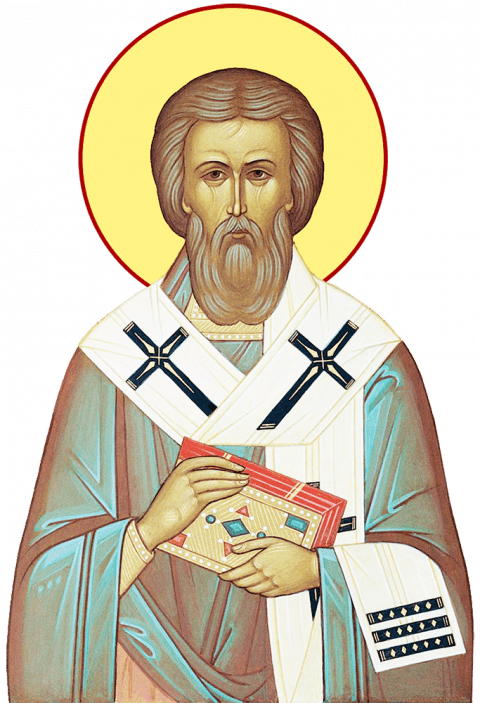
Troparion — Tone 4
Your holy martyrs O Lord, / through their sufferings have received incorruptible crowns from You, our God. / For having Your strength, they laid low their adversaries, / and shattered the powerless boldness of demons. / Through their intercessions, save our souls!
8th Sunday after Pentecost
Gospel (Matthew 14:14-22)
When Jesus landed and saw a large crowd, he had compassion on them and healed their sick. As evening approached, the disciples came to him and said, “This is a remote place, and it’s already getting late. Send the crowds away, so they can go to the villages and buy themselves some food.” Jesus replied, “They do not need to go away. You give them something to eat.” “We have here only five loaves of bread and two fish,” they answered. “Bring them here to me,” he said. And he directed the people to sit down on the grass. Taking the five loaves and the two fish and looking up to heaven, he gave thanks and broke the loaves. Then he gave them to the disciples, and the disciples gave them to the people. They all ate and were satisfied, and the disciples picked up twelve basketfuls of broken pieces that were left over. The number of those who ate was about five thousand men, besides women and children. Immediately Jesus made the disciples get into the boat and go on ahead of him to the other side, while he dismissed the crowd.
